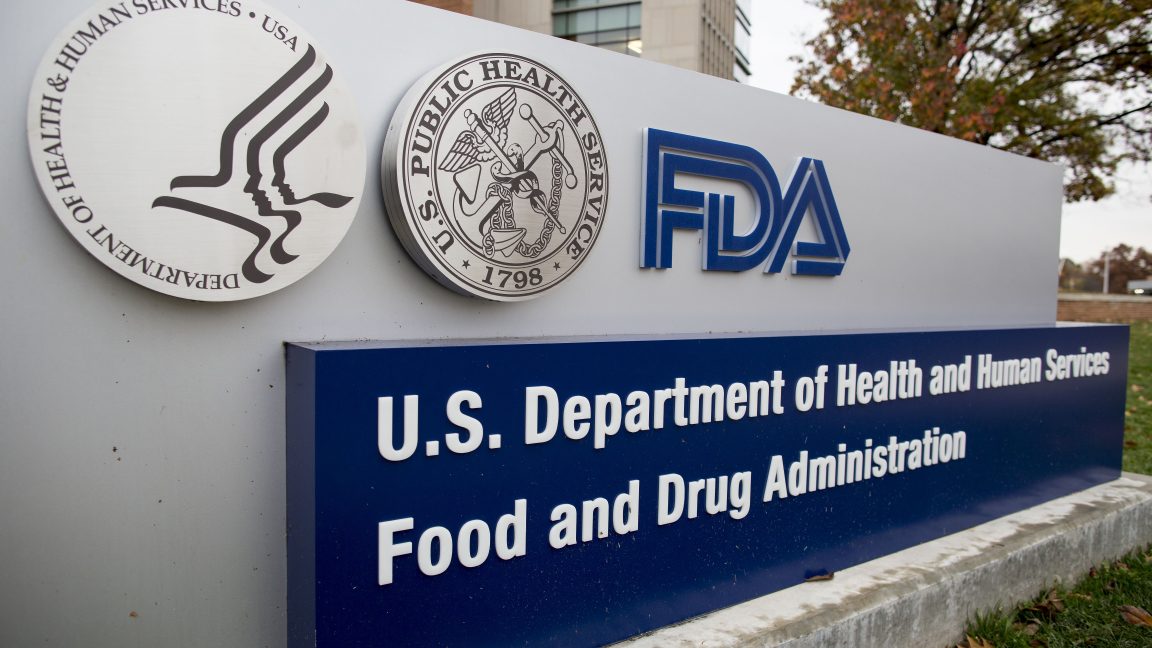- Posted On:2025-04-10 14:04
-
725 Views
FDA backpedals on RTO to stop talent hemorrhage after HHS bloodbath
The Food and Drug Administration is reinstating telework for staff who review drugs, medical devices, and tobacco, according to reporting by the Associated Press. Review staff and supervisors are now allowed to resume telework at least two days a week, according to an internal email obtained by the AP.
The move reverses a jarring return-to-office decree by the Trump administration, which it used to spur resignations from federal employees. Now, after a wave of such resignations and a brutal round of layoffs that targeted about 3,500 staff, the move to restore some telework appears aimed at keeping the remaining talent amid fears that the agency's review capabilities are at risk of collapse.
The cut of 3,500 staff is a loss of about 19 percent of the agency's workforce, and staffers told the AP that lower-level employees are "pouring" out of the agency amid the Trump administration's actions. Entire offices responsible for FDA policies and regulations have been shuttered. Most of the agency's communication staff have been wiped out, as well as teams that support food inspectors and investigators, the AP reported.
Reviewers are critical staff with unique features. Staff who review new potential drugs, medical devices, and tobacco products are largely funded by user fees—fees that companies pay the FDA to review their products efficiently. Nearly half the FDA’s $7 billion budget comes from these fees, and 70 percent of the FDA's drug program is funded by them.
User-fee agreements are reauthorized by Congress every five years. But, there's a catch built in. If federal funding to the FDA falls below a threshold set in 1997, a "trigger mechanism" in statute 21 U.S.C. 379h(f) states that companies are no longer required to pay the user fees and could be refunded for fees already paid. The idea was to ensure that FDA appropriations don't fall below historic levels and that the agency doesn't start using industry user fees in place of appropriated funds.
With the cuts and losses at the FDA, there is growing fear that the funding level could dip below the historical threshold. As reported by BioSpace, policy expert Alexander Gaffney wrote in FDA Today: "I want to emphasize: We’re not talking about the user fee programs struggling to adapt to lost staff. We are talking about a catastrophic collapse" (emphasis his).
"The agency is dangerously close to triggering those conditions after the layoffs," Gaffney wrote. And, worse, it appears that "hardly anyone" running the FDA seems to be aware of the trigger or how close the agency is to hitting it.

